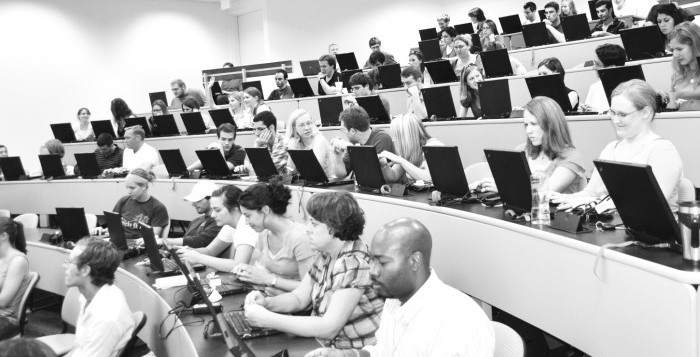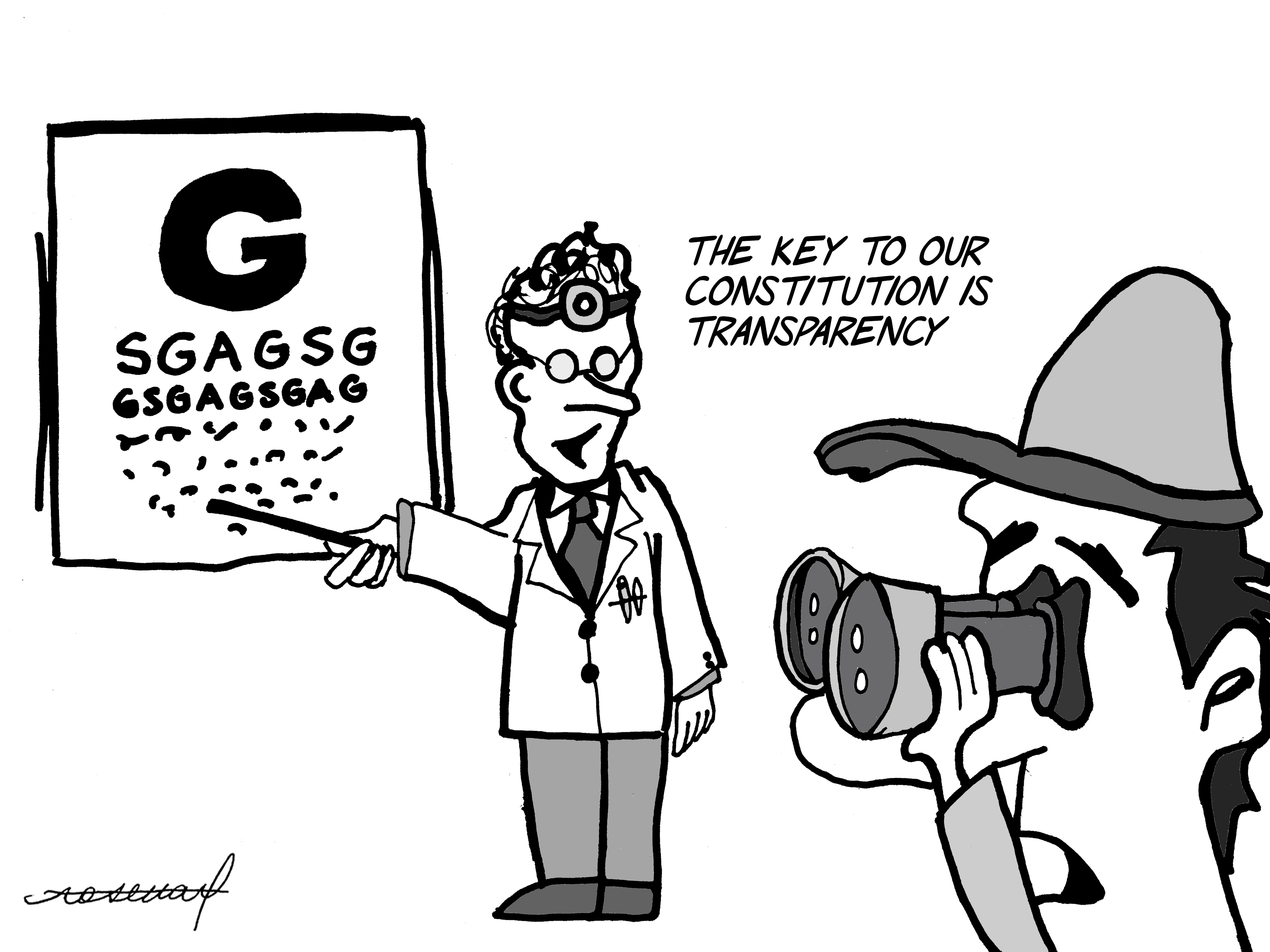
You’re a baby. You drink too much. You’re an alcoholic. Don’t you have homework to be doing? You party too much. You haven’t had enough real world experience. I need to hang out with more people my own age. I’m so glad I worked for a while. The work I’ve done inspired me to come here.
I’m 22. I finished my undergrad in May, and I started grad school in August, and these are the kinds of things my colleagues say to me on a regular basis. From the people I’ve interacted with, both in person and online, I’m the youngest graduate student I know. It’s not like I graduated early or am some sort of genius. Graduating college both cum laude and with newfound friends taught me that I know how to manage a lively social life and still get killer grades. What people in grad school don’t seem to understand is that I can probably still do that. When I started my undergraduate career, I wasn’t really sure what I wanted to study or what my future held. When I made the decision to go to graduate school, I knew exactly what I wanted to study and where I hoped to see myself in five years. And that place I see 27-year-old me is only possible with a continued education.
According to Rollins School of Public Health’s website, the average age of students is 26, with a range from 20 to 60. I’m slightly younger than the average student, but not quite the youngest student on campus. Sixty percent of people starting at Rollins took time off before returning to school. There are Facebook groups and get-togethers for students not straight out of undergrad. One such Facebook group is labeled, “Non-Traditional Students with Four or More Years of Experience;” however, the previous data would suggest that most students at Rollins are those with four or more years of experience, suggesting that there’s nothing non-traditional about them. Returning to school is something I can’t relate to directly. I realize, though, that the challenges in returning to academia must be numerous. But what I find with more and more time spent researching this is that those of us under 24 are the ones without a group.
We are the ones out in the cold looking to fit in with our peers. We’re constantly told we need to change, because “this is grad school now,” and we “can’t just do the same stuff [we] did in undergrad.” We should’ve gone through some kind of transformative period that suddenly made us deserving of grad school. Instead, we are ostracized. Last time I checked Rollins’ program, it required a personal statement, several letters of recommendations, some good grades and the GRE. No mention of an age minimum, and no mention of prior experience required.
I applied to graduate school, jobs and various internships in my senior year of college. What I realized is that I wasn’t qualified for the jobs I wanted because I didn’t have the minimum level of education. The competitive internships I applied to didn’t seem to see in me what I saw in myself.
However, grad programs saw in me the drive to learn more and better prepare myself for my dream career. My resolve to stay in school and learn more before taking on the job market was reignited by such an excellent program believing in me.
Somehow though, my age seems to invalidate my right to be here. Just like everyone else, I applied and was accepted. I didn’t apply to a ton of schools, I didn’t have a killer GRE score, and I didn’t have endless years of experience to draw upon outside of school. Instead they saw an all-consuming passion to do what I love, to expand my knowledge beyond my Bachelor’s degree in Public Health and to start a career after obtaining a firm academic base. The admissions department understood that I didn’t need to find myself before coming, because I’ve already found myself, and my dreams start here. We’re all here now. We all made it.
The fact that I’m 22 is irrelevant to my right to be here. The presumptions need to stop. We have the opportunity to view each person’s attributes as unique to them and as a way to make our community stronger. This isn’t what’s happening in grad school. Instead my experience thus far has been overshadowed by my relative youth, and my perspective has not been respected. We all have something to contribute regardless of if we’re coming right out of undergrad or if we’ve been out of school for years.
– By Taylor Chambers, a first year student at the Rollins School of Public Health from Madison, Wisconsin.
The Emory Wheel was founded in 1919 and is currently the only independent, student-run newspaper of Emory University. The Wheel publishes weekly on Wednesdays during the academic year, except during University holidays and scheduled publication intermissions.
The Wheel is financially and editorially independent from the University. All of its content is generated by the Wheel’s more than 100 student staff members and contributing writers, and its printing costs are covered by profits from self-generated advertising sales.







…
…
As another RSPH student straight from undergrad, I find this to be absolutely hilarious. Good luck in the real world.
I earned my first Masters degree immediately out of undergrad – never once was my age questioned or addressed. Since then, I have “found myself” many times over and 7 years later have returned for my second Masters here at RSPH (so be aware that your life goals will change inevitably – this is a GOOD thing as 22 year olds do not have life figured out no matter what you may otherwise believe). Now being of the “non-traditional” crowd, I can tell you unequivocally that the difference between 22 year olds then and now is an understanding of respect. It’s not deserved, it’s earned. And for that matter, it’s learned. So take note. Step back. Perhaps befriend those “older” students around you because nobody else cares about your age – just your poor, entitled attitude.